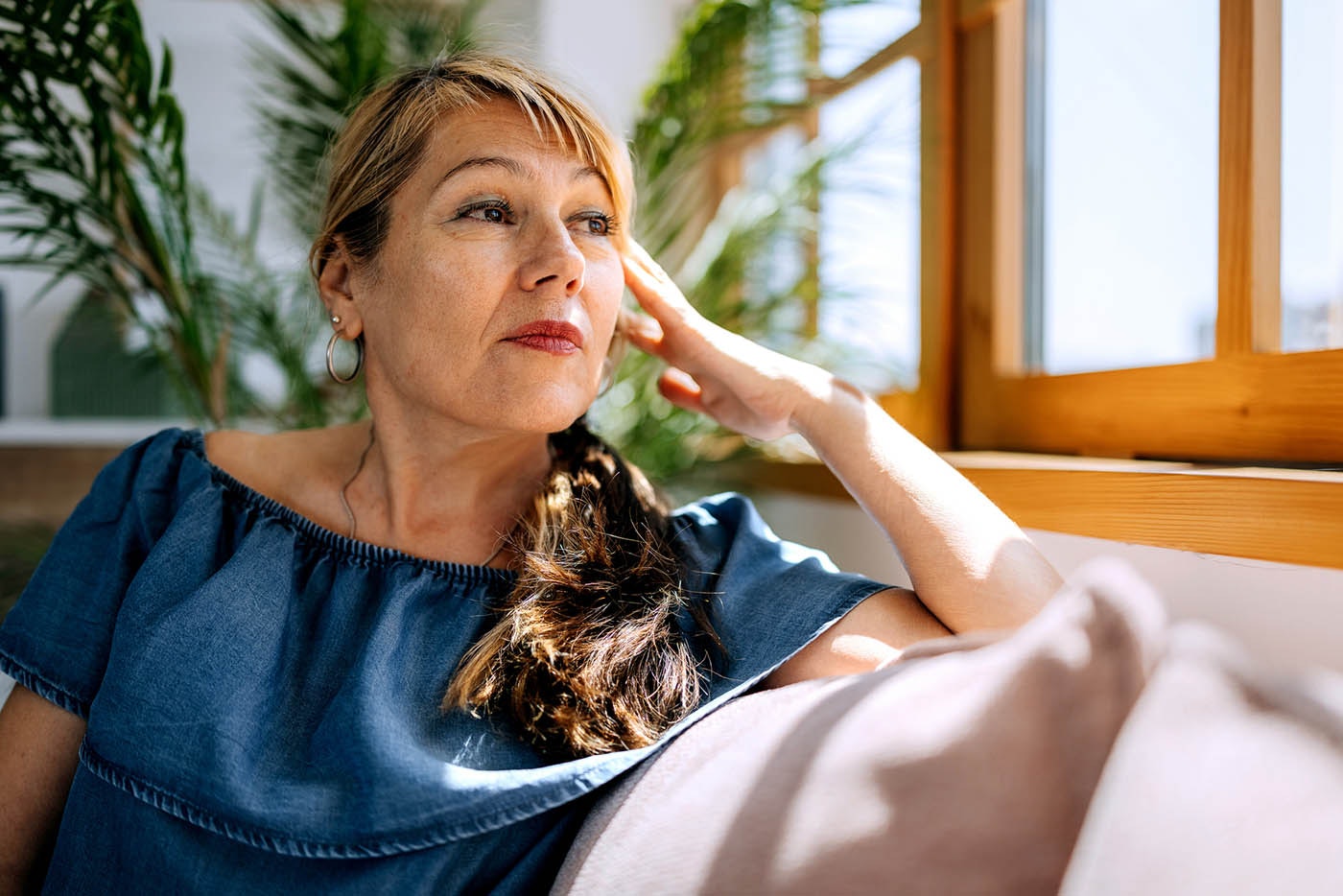Contact Us
If you are an Elderplan Member and have questions or concerns, please contact Elderplan Member Services at 1-800-353-3765 [TTY: 711], 8 a.m. to 8 p.m., 7 days a week, or email us at [email protected]


更年期是指女性的月經永久停止。 這是衰老的正常現象,而非疾病。 更年期前的時期稱為圍絕經期。 大多數女性在 45 歲至 55 歲之間開始進入更年期,這個過程可能持續幾年時間。 女性進入更年期的年齡各不相同,美國女性的平均年齡為 52 歲。 如果您整整一年沒有來月經或沒有任何出血,就說明您已經進入更年期。
在過渡到更年期的過程中,我們的身體會產生較少的雌激素和孕激素,這兩種激素是由卵巢產生的。 雖然有些女性可能不會出現症狀,但許多女性確實會因為這些荷爾蒙變化而出現一系列症狀。
更年期症狀可以持續二至八年。 遺傳、種族、民族、文化、環境、吸煙和生活方式(例如吸煙)等因素都可能導致更年期提前及其相關症狀的出現。
更年期的體徵和症狀可能包括:
如何應對更年期症狀是個人決定。 許多女性不需要或不想要治療。 對於那些確實需要幫助的女性,可以選擇改變生活方式、非激素藥物治療和激素療法。 與您的醫生討論您的症狀和病史,以找到適合您的治療方案。 無論您選擇哪種治療方案,每年都應去看醫生,討論您的治療計劃和任何疑慮。
來源: